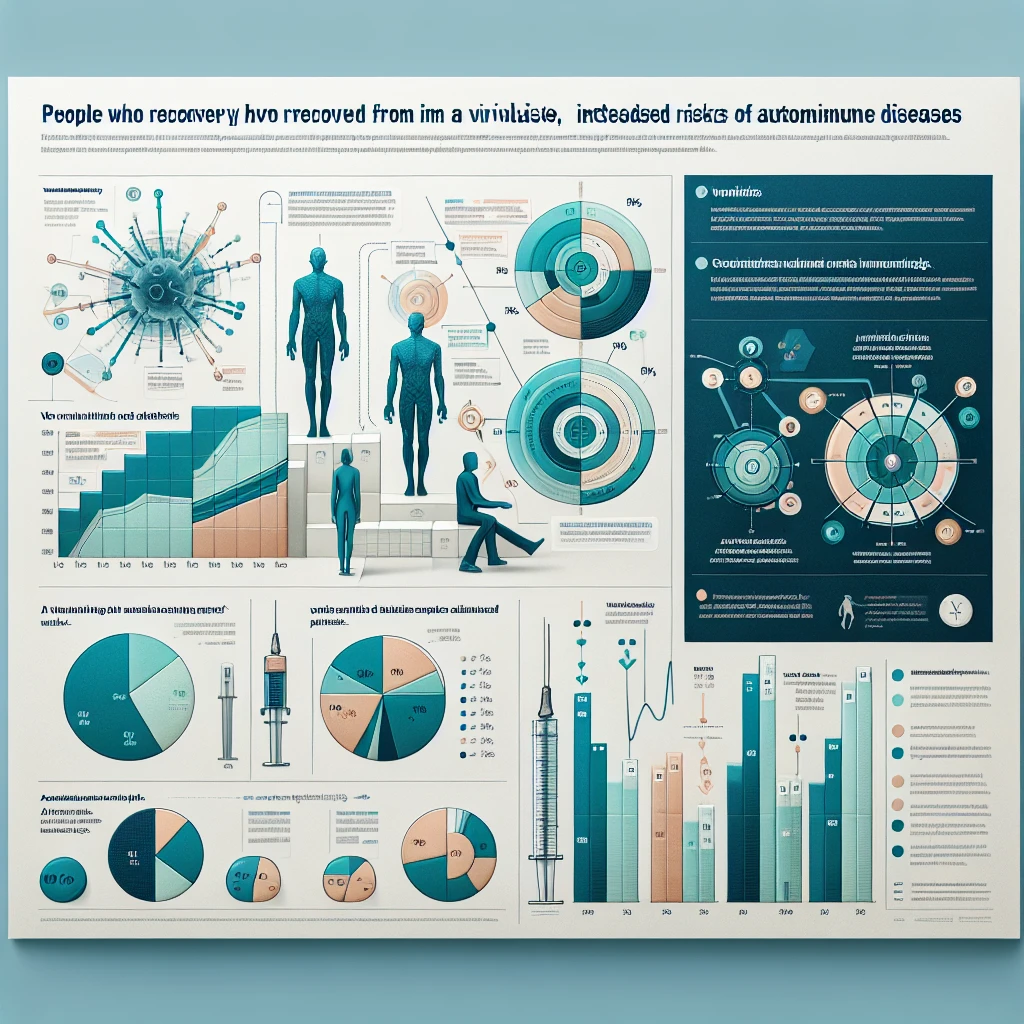Health
Raw Milk with Bird Flu Virus May Pose Risk, Study Reveals
By Alberta Herman
May 25, 2024

A recent study published in the New England Journal of Science has raised concerns about the potential dangers associated with drinking unpasteurized or raw milk containing H5N1 avian flu viruses. The study, conducted by researchers from the University of Wisconsin-Madison, found that mice fed with milk from cows infected with H5N1 became severely ill.
While these findings cannot definitively prove that humans would experience similar effects due to ethical considerations surrounding human testing, they do emphasize a plausible risk linked to consuming raw milk carrying this dangerous virus. Michael Osterholm, director of the Center for Infectious Disease Research and Policy at the University of Minnesota, stated: "Raw milk is clearly highly suspected of transmitting [H5N1] to animals. It's still unclear what the risk is for humans, but I wouldn't want to take my chances on it."
This sentiment was echoed by Thijs Kuiken, a pathologist specializing in viroscience at Erasmus Medical Center in Rotterdam. His work studying how H5N1 affects mammals such as cats has led him to believe that people who drink contaminated raw milk could contract systemic disease.
The Food and Drug Administration (FDA) has consistently advised against drinking raw milk due to its potential contamination by harmful pathogens, including E. coli, Salmonella, and Listeria. This advice extends specifically to dairy cattle affected by an outbreak of H5N1.
Currently, 63 herds across nine states have confirmed infections, according to data provided by the US Department of Agriculture. Additionally, there are pending results from three more herds in Michigan, along with two farm workers detected since March having contracted infections.
During their research process, scientists employed different pasteurization techniques that utilized heat applications designed to eliminate pathogens present in milk samples. One method successfully eradicated all traces, while another only managed a partial reduction after short-term heating exposure.
However, researchers emphasized that the methods used during experimentation were not identical to those utilized during commercial pasteurization processes. The study also included storing raw milk with the virus at fridge temperature for several weeks to measure if the amount of active virus reduced over time, but found only a minor decrease.
This indicates that H5N1 could potentially remain infectious within raw milk kept at 4 °C for extended periods. Additionally, researchers discovered high levels of H5N1 in the mammary glands of two mice post-euthanasia, suggesting dairy cattle's mammary tissues are particularly susceptible to infection and can shed extremely high levels of this virus into their milk.
While further research is required to fully understand the risks associated with human consumption of contaminated raw milk, these findings reinforce existing warnings about potential dangers linked to drinking unpasteurized or 'raw' milk products and highlight the need for stringent safety measures during the production process.
LATEST ARTICLES IN Health
CDC Probes Listeria Outbreak Tied to Deli-Sliced Meats.
Celine Dion Triumphs at Paris Olympics Amid Health Battle.
Biomarker Could Foretell Success of Colon Cancer Chemo.
Right Type of Chocolate Enhances Brain Function.
Join Our Newsletter
Popular Articles
-

Mar 13, 2024
Anyone But You - A Romantic Comedy Surprise of 2023 -

Feb 01, 2024
AI Company About to Revolutionize the Medical Space? -

Mar 20, 2024
COVID-19 Survivors at Risk for Autoimmune Diseases -

Jan 27, 2024
Get Rich in a Year with These 3 Coins!




